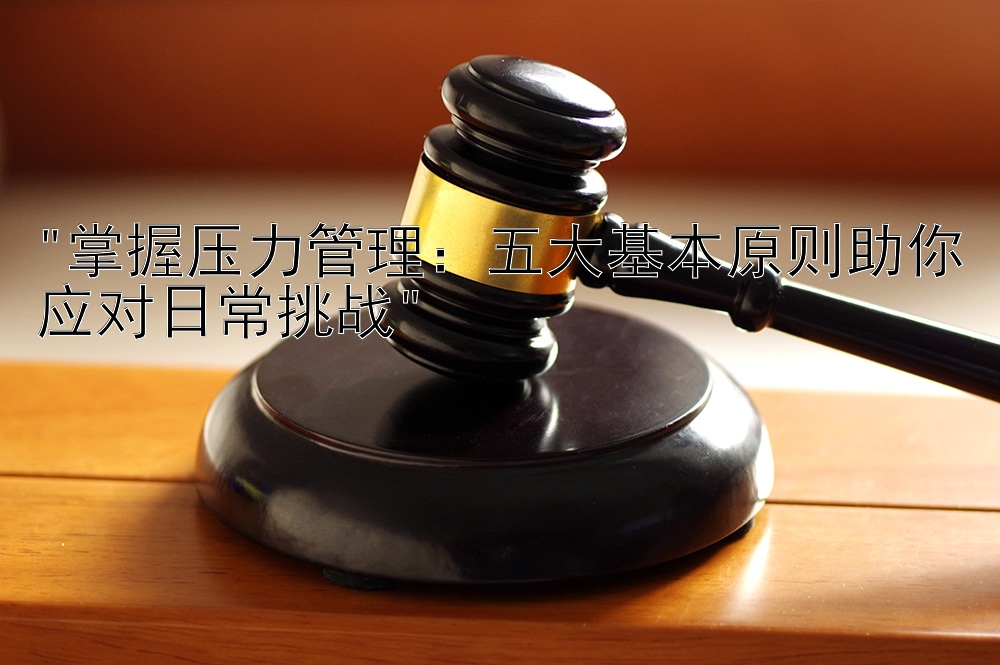绿色民法:原则与实践的双重演进
sun(作) 基本原则绿色民法的概念与意义
"绿色民法"这一理念近年来在法学界引起了广泛的讨论和关注。它指的是将环境保护、生态平衡的理念融入到民事法律规范中的一种新兴的法律思维和实践模式。绿色民法不仅体现了传统民法对私人财产权和个人自由意志的尊重,更关注到了当代社会所面临的严峻的环境问题和可持续发展目标。
一、绿色民法的兴起背景
随着全球气候变暖、环境污染等问题的日益严重,人类社会开始反思传统的经济发展模式和生活方式。为了实现经济、社会和环境的协调发展,各国纷纷出台了一系列环保政策和法律法规。在这一背景下,绿色民法应运而生。
二、绿色民法的理论基础
(一)物权法中的绿色精神
根据《中华人民共和国民法典》第二百九十四条规定:“不动产权利人不得违反国家规定弃置固体废物,排放大气污染物、水污染物、土壤污染物、噪声、光辐射等有害物质”。这表明了物权法中对环境保护的基本要求,即所有权人在行使自己的权益时必须遵守国家的环保法规,不能以损害公共利益为代价。
(二)合同责任中的环保义务
在合同法领域,合同的订立、履行、变更、解除以及违约责任的承担过程中都应当遵循绿色原则。例如,在建筑施工合同中,承包商有义务采取措施减少粉尘、噪音等污染物的产生;在租赁合同中,出租方和承租方都有义务保持租赁房屋的节能减排。
(三)侵权行为法中的环境损害赔偿责任
根据侵权责任编的规定,因污染环境、破坏生态造成他人损害的,侵权人应当承担侵权责任。这意味着一旦发生环境侵权行为,侵权者不仅要赔偿直接的经济损失,还要承担恢复原状、修复生态环境的责任。
三、绿色民法的实践应用
(一) case example: The Xinyang Mining Case
In this case, a mining company in the city of Xinyang was found to have been illegally dumping waste materials into local rivers without proper treatment. As a result, the surrounding environment suffered significant pollution and damage. The local environmental protection agency filed a lawsuit under the relevant provisions of the Civil Code, which stipulate that any individual or entity causing environmental harm must be held accountable for their actions.最终,法院判决该矿业有限公司承担相应的法律责任,包括停止违法行为、清理污染、赔偿经济损失以及对受影响地区进行生态修复。这个案件展示了绿色民法在实际司法过程中的运用,有效地保护了环境和公众利益。
(二) The Qingdao Beach Protection Case
Another notable example is the Qingdao Beach Protection Case where private citizens took legal action against developers who were planning to build hotels on protected coastal land. Utilizing the principles of green civil law, the court ruled in favor of the plaintiffs and prohibited the development project from proceeding, thereby preserving the natural beauty and ecological integrity of the area. This demonstrates how ordinary individuals can use the law as a tool to safeguard the environment when faced with threats posed by commercial interests.








 在变幻莫测中寻找恒定:适应社会的基本原则
在变幻莫测中寻找恒定:适应社会的基本原则 构图大师:解锁绘画艺术中布局的奥秘
构图大师:解锁绘画艺术中布局的奥秘 掌握压力管理:五大基本原则助你应对日常挑战
掌握压力管理:五大基本原则助你应对日常挑战 深入理解敏捷开发原则:软件开发的灵活与效率之道
深入理解敏捷开发原则:软件开发的灵活与效率之道 探索机器学习基石:掌握其核心原则与实践技巧
探索机器学习基石:掌握其核心原则与实践技巧 现代社会的公共生活规则:社会公德的基本原则解析
现代社会的公共生活规则:社会公德的基本原则解析